New Doctor Proves Risk Parameters for Bad Response to Chemotherapy in Cervical Cancer
New Doctor Proves Risk Parameters for Bad Response to Chemotherapy in Cervical Cancer
Located in the Postgraduate Meeting Room Lt III, Denpasar Postgraduate Building, a Doctoral Promotion examination was held with promovendus candidate dr. I Gde Sastra Winata, Sp.OG, Subsp.Onk., with the dissertation title "High Expression of Vascular Endothelial Growth Factor, Ki-67 and Protein 53 Are Risk Factors for Poor Paclitaxel-Carboplatin Neoadjuvant Chemotherapy Response in Stage IB3 Cervical Cancer, IIA2 and IIB". (27/3/2023)
Until now, the management strategy for stage IB3, IIA2 and IIB cervical cancer is still controversial, which can be done with chemoradiation, radical hysterectomy surgery or administration of neoadjuvant chemotherapy which is then followed by radical hysterectomy.
Response to chemotherapy is determined by factors of cervical tumor vascularization or angiogenesis, cell proliferative activity and genetic instability of cervical cancer. Then the marker of tumor cell proliferation is the Ki-67 protein. In cervical cancer there is suppression of the p53 gene caused by HPV. The HPV E6 protein promotes the degradation of p53 thereby inhibiting the stabilization and activation of p53.
This study aims to prove that high expression of VEGF, Ki-67 and p53 is a risk factor for a poor response to neoadjuvant chemotherapy. Research with nested case control was conducted at the Obstetrics and Gynecology Department/KSM Prof. Dr. Hospital. I.G.N.G Ngoerah Denpasar from October 2021 to April 2022.
This study used 56 samples obtained by simple random sampling, divided into two equal groups, namely 28 samples of neoadjuvant chemotherapy with good response as the control group and 28 samples with poor response to neoadjuvant chemotherapy as the case group. Data analysis with SPSS-24 included descriptive, K-S normality test, Chi-square, multiple regression logistic. Data is presented in the form of tables and narratives.
In this study, it was found that the risk of a poor chemotherapy response on VEGF expression was 11.5 times, Ki-67 was 15.0 times and p53 was 8.33 times. The results of this study obtained a formula for calculating chemotherapy response, namely y = -7.3+ 1.6 VEGF + 1.6 Ki-67 + 1.8 p53. High VEGF, Ki-67 and p53 expressions were scored (1) and low (2). The limit value used is 0.05. The result y < 0.05 means the risk of a bad response to chemotherapy and the value y > 0.05 has a good response. Thus, this formulation can be used as a parameter for the risk of a poor response to neoadjuvant chemotherapy in stage IB3, IIA2 and IIB cervical cancer through which it can be applied in clinical practice in the treatment of cervical cancer.
The exam was led by the Deputy Dean for General Affairs and Finance of FK Unud, Dr. dr. I Made Sudarmaja, M.Kes., with a team of examiners:
1. Dr. dr. I Ketut Suwiyoga, Sp.OG., Subsp.Onk (Promoter)
2. Prof. Dr. dr. I Made Jawi, M.Kes (Co-promoter I)
3.Dr. dr. I Nyoman Gede Budiana, Sp.OG., Subsp.Onk (Co-promoter II)
4. Dr. dr. I Made Bakta, Sp. PD-KHOM
5. Prof. drh. I Nyoman Mantik Astawa, Ph.D
6. Dr. dr. I Gusti Ayu Sri Mahendra Dewi, Sp.PA(K)
7. Dr. dr. I Wayan Putu Sutirta Yasa, M.Si
8. Dr. dr. Yudi Mulyana Hidayat, Sp.OG(K)Onk
9.Dr. dr. A A. Ngurah Jaya Kusuma, Sp.OG., Subsp.K.Fm., MARS
10.Dr. dr. I Nyoman Wande, S.Ked., Sp.PK(K)
While academic invitations are:
1.Dr. dr. I Wayan Artana Putra, Sp.OG., Subsp., K.Fm
2.Dr. dr. Ida Bagus Gede Fajar Manuaba, Sp.OG., MARS
3.Dr. dr. I Gede Ngurah Harry Wijaya Surya, Sp.OG.,Subsp.Obginsos
4.Dr. dr. I Nyoman Bayu Mahendra, Sp.OG., Subsp.Onk
5.Dr. dr. I Made Krisna Dinata, M.Erg
In this exam, Dr. dr. I Gde Sastra Winata, Sp.OG., Subsp.Onk was declared a graduate as the 374th Graduate Doctor of the Doctoral Degree in Medical Sciences, Faculty of Medicine, Udayana University with the Cumlaude predicate
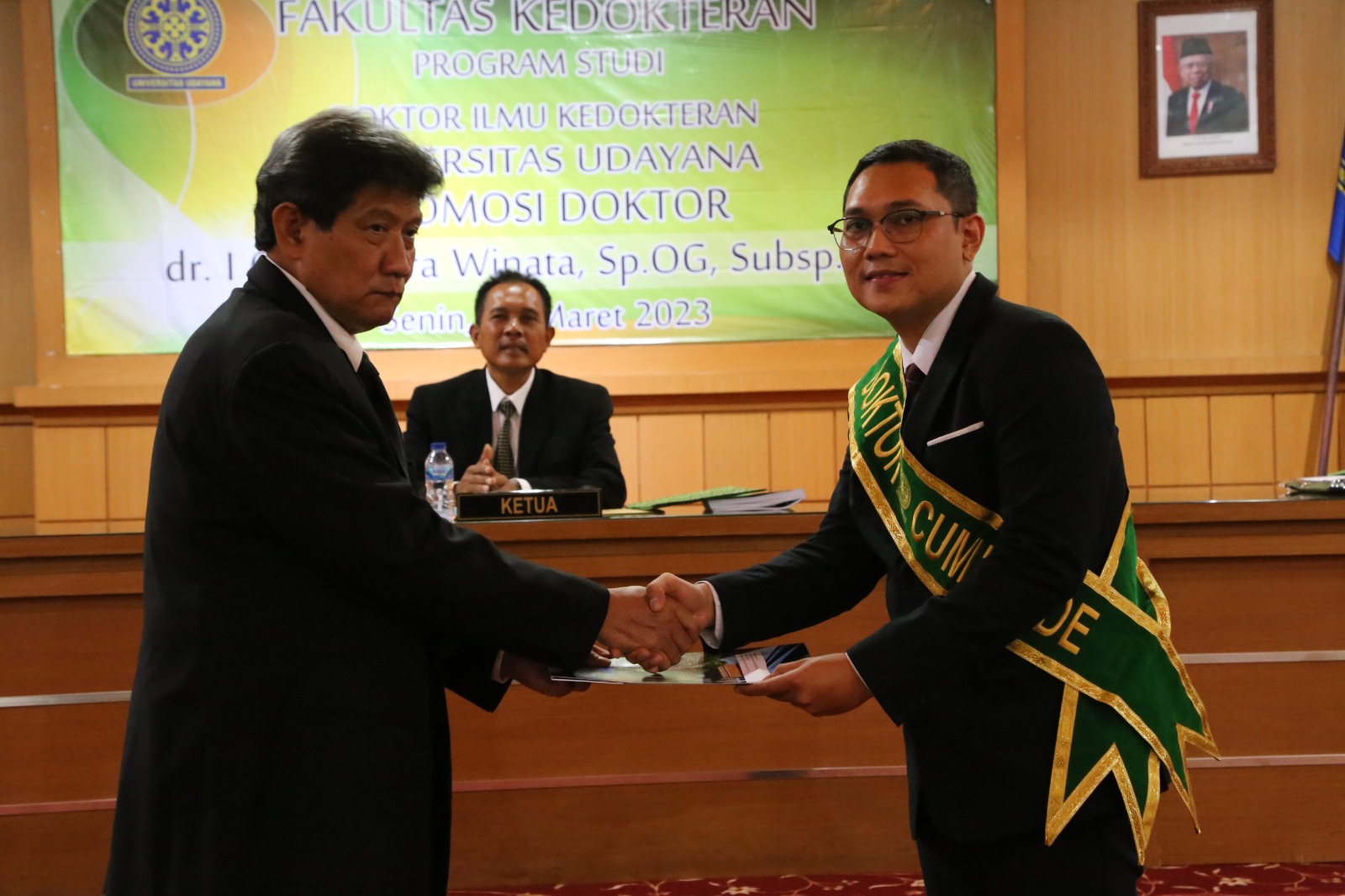
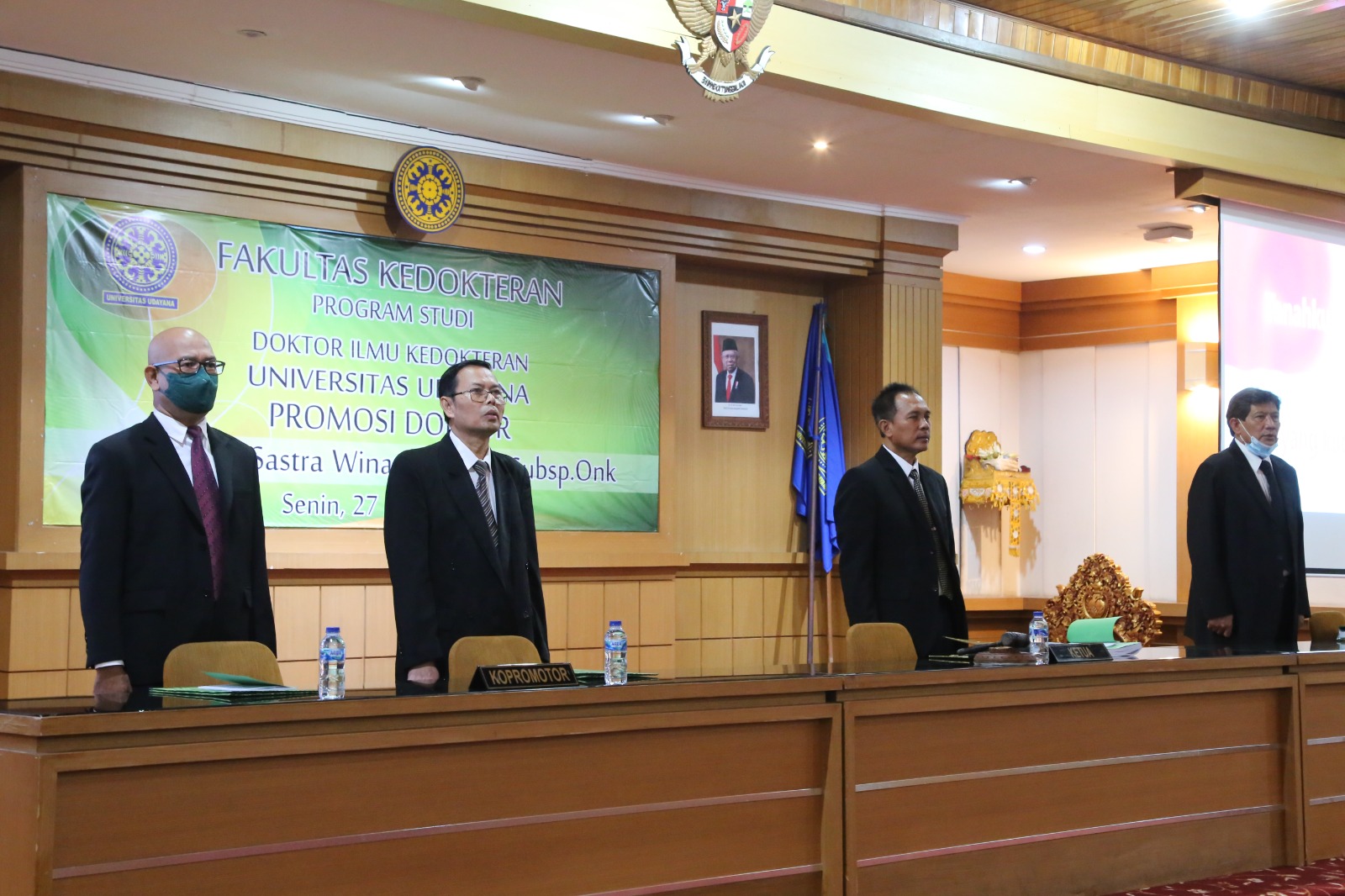
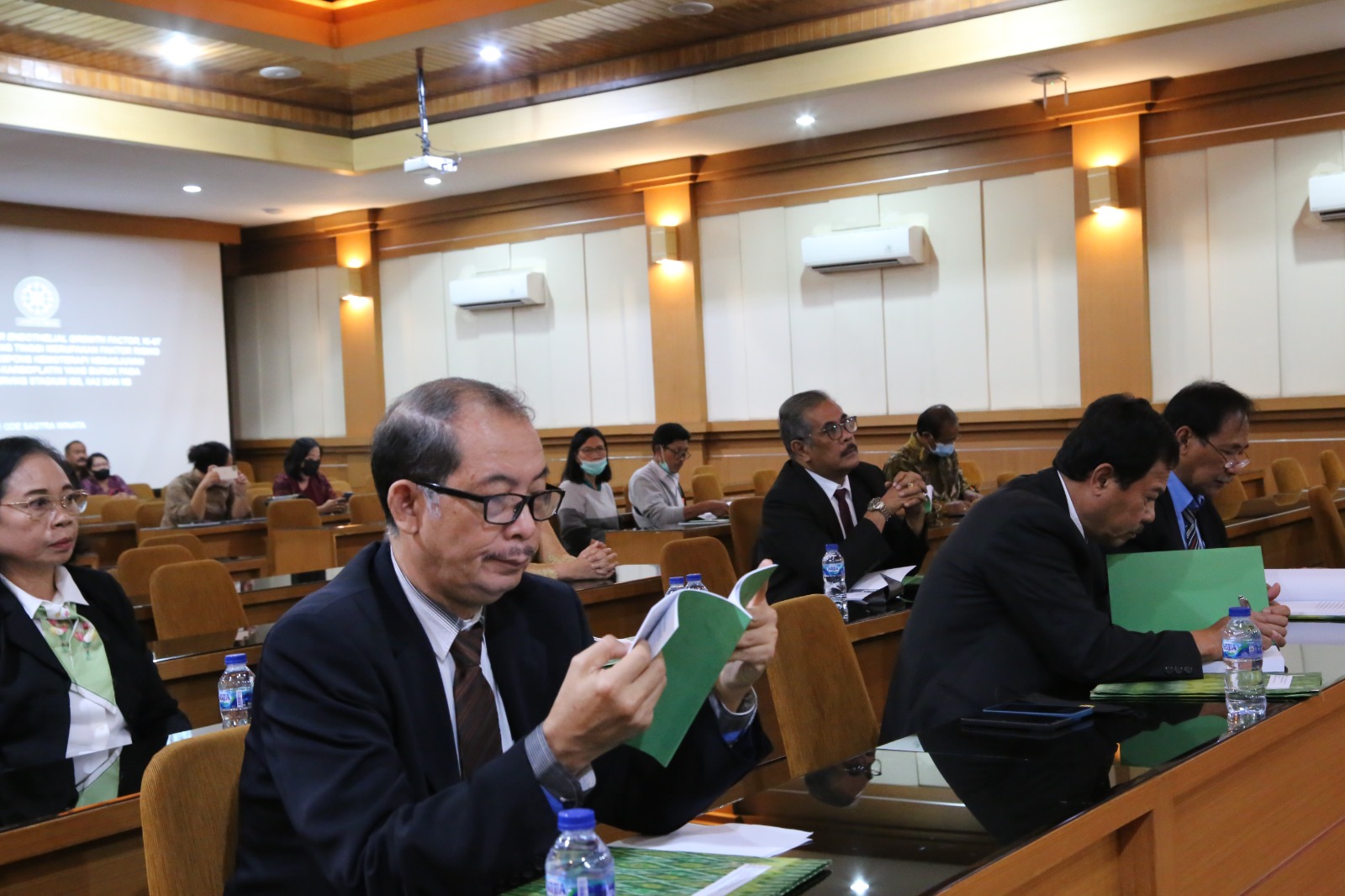
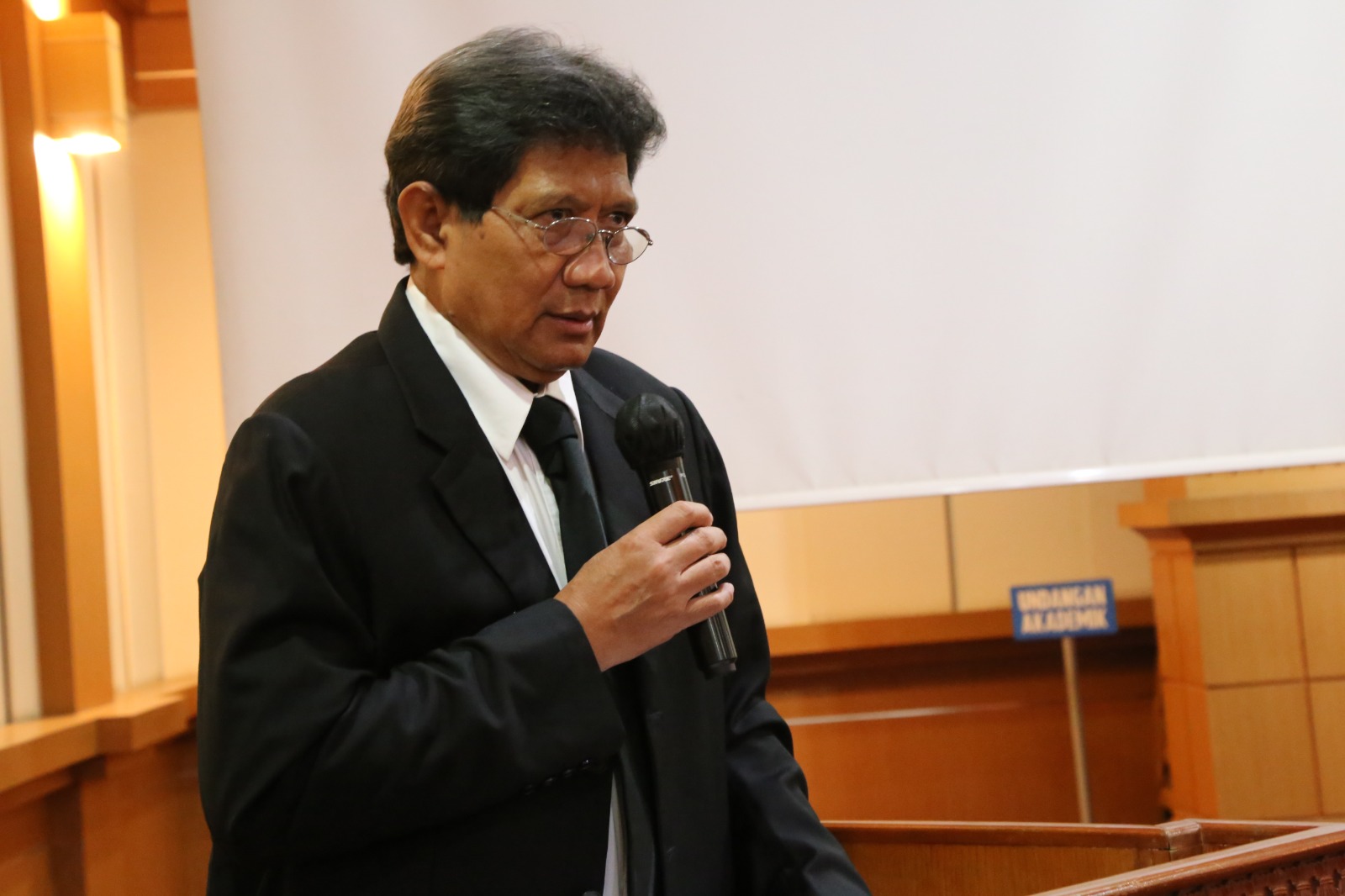
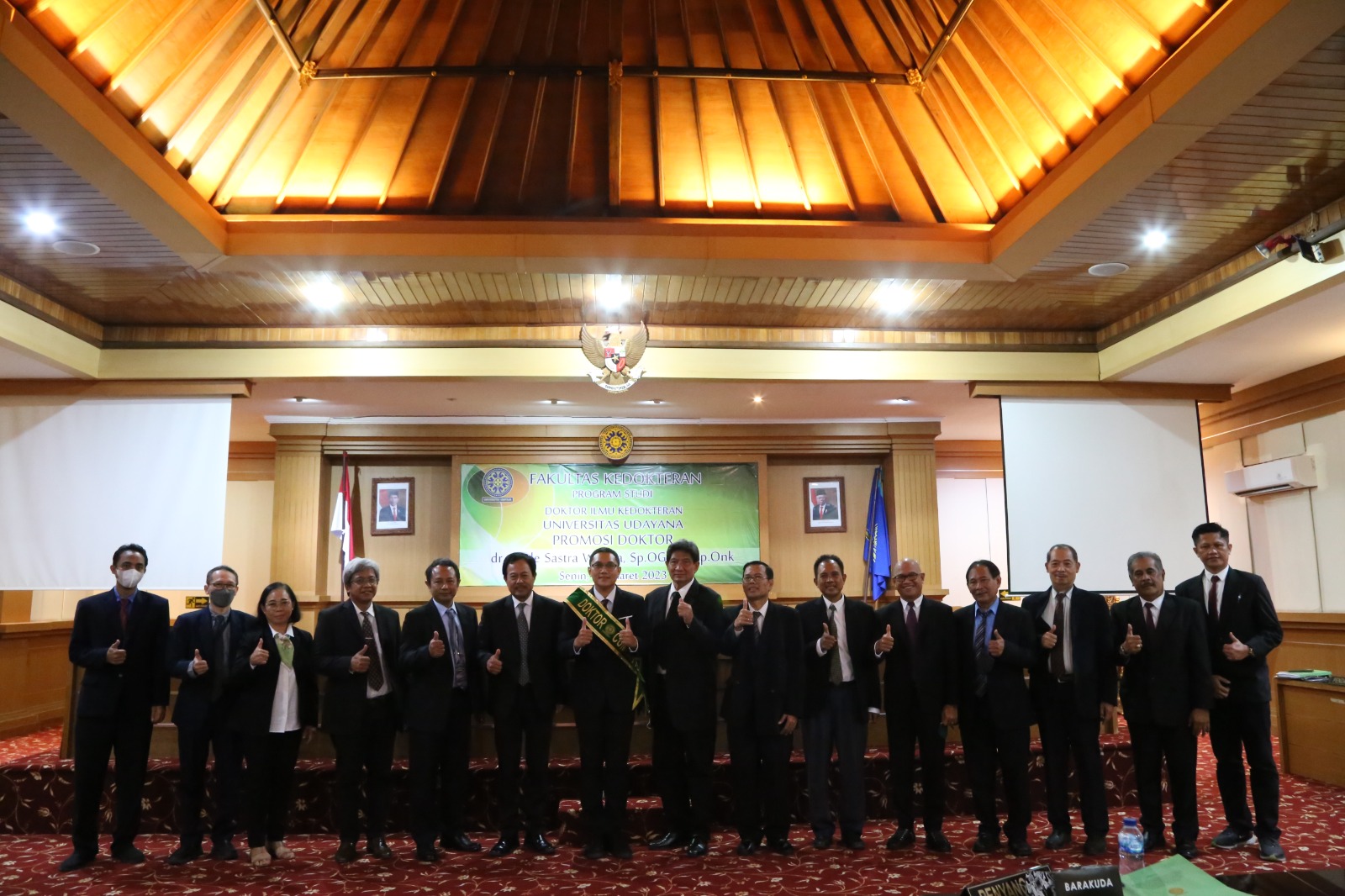
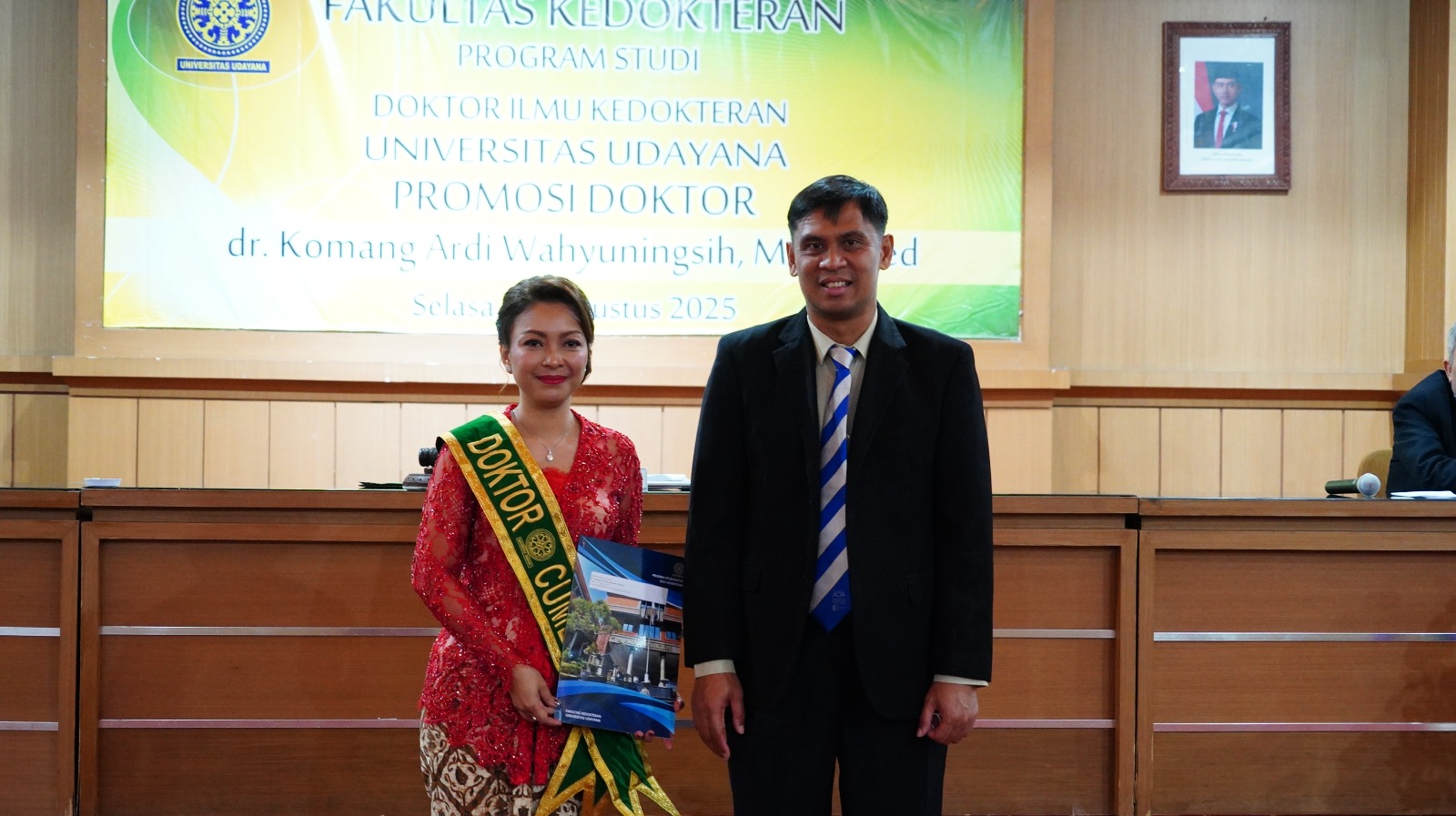
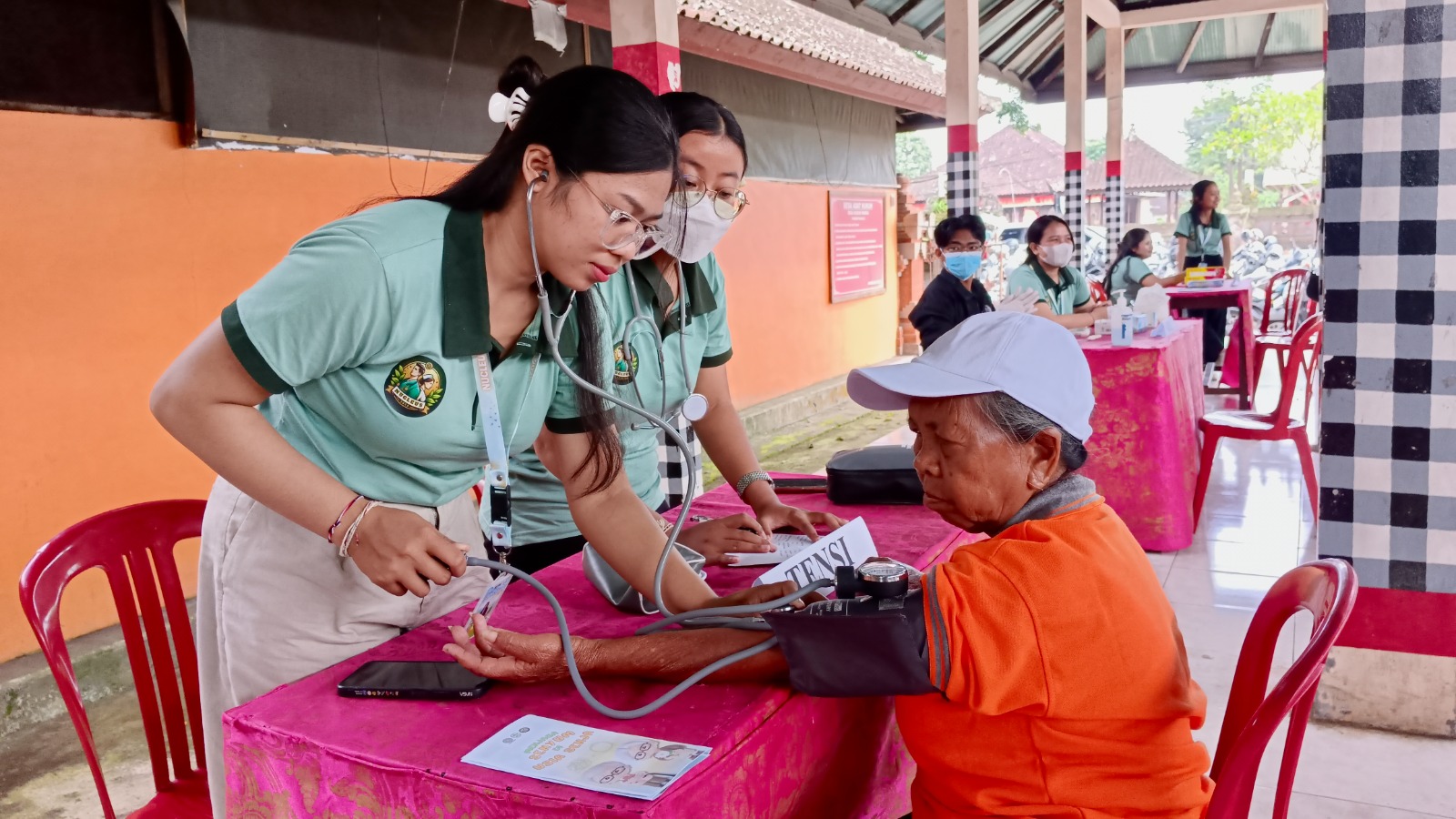
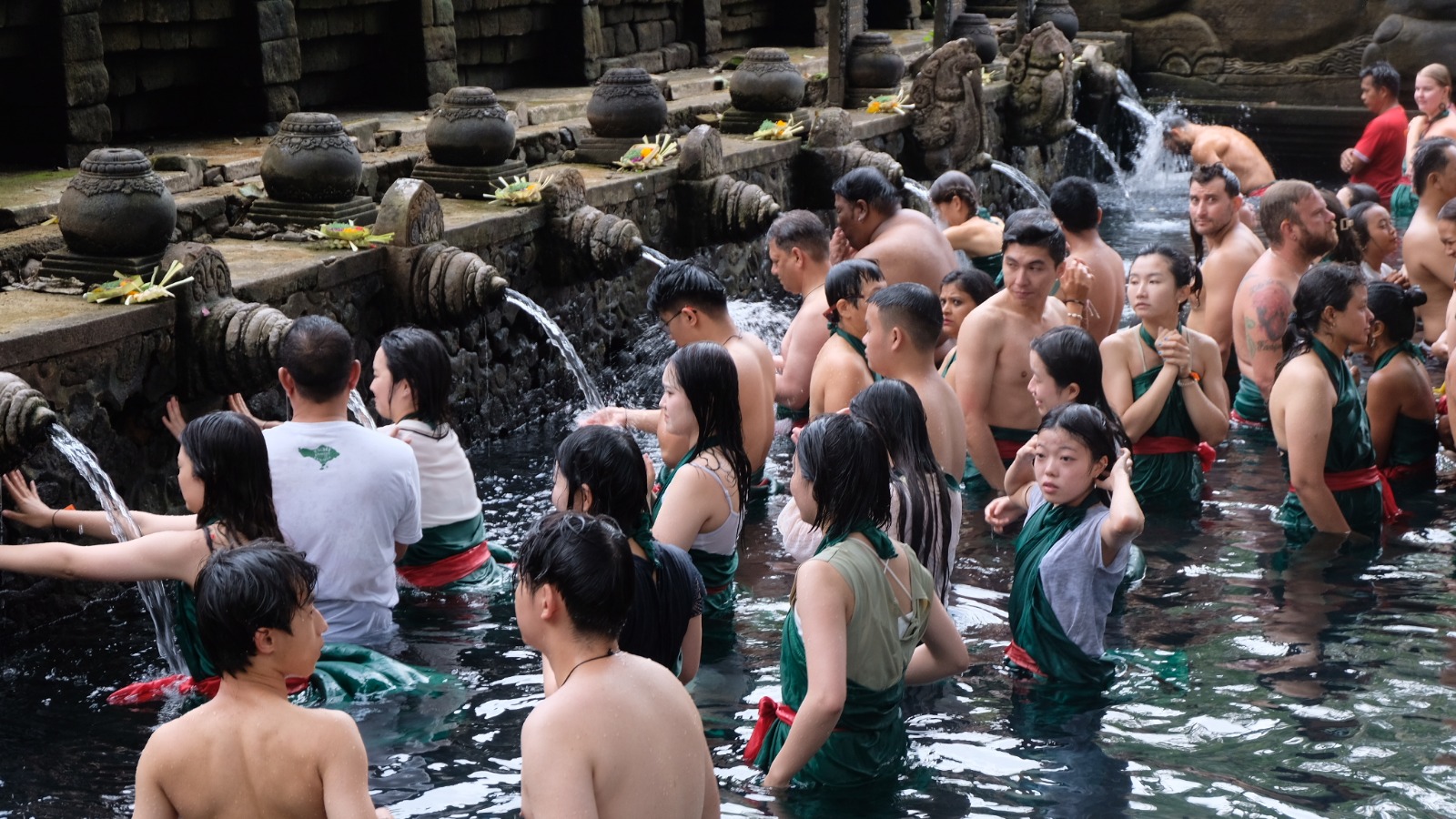
UDAYANA UNIVERSITY